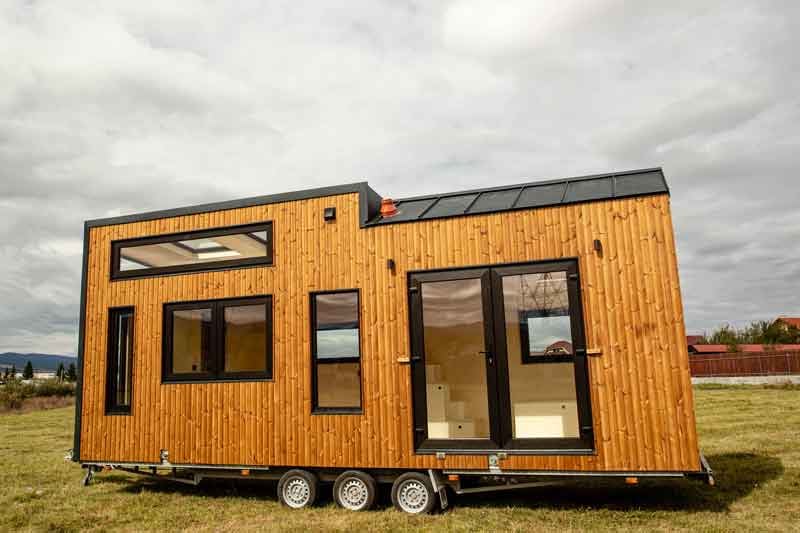If you have aspirations to downsize your home or to cut down costs with a more affordable living proposition, a tiny home is certainly an option to contemplate. However, traditional financing may not be always effective or available when it comes to purchasing a tiny home. Tiny homes, as a result of their reduced size, mobility and unique concept, often do not conform to the standard finance rules. However, the lack of conventional mortgages does not impede your tiny home project, thanks to an array of innovative finance alternatives.
Buying a traditional house involves simple mortgage finance procedures. The choice of mortgage loans includes conventional loans, Federal Housing Administration (FHA) loans, Department of Veterans Affairs (VA) loans, and U.S. Department of Agriculture (USDA) loans. Factors such as your total income, debt-to-income ratio, and property appraisals influence the approval of these loans. With the choice of fixed-rate or adjustable-rate mortgages, the buyers get to decide which is better suited to their needs. However, this paradigm does not apply to tiny homes.
Though tiny homes are cost-efficient, they do not conform to the standard mortgage norms. The distinction between real property (like a traditional house with land) and personal property (like a mobile home or RV) is crucial and their finance prerequisites vary significantly.
As traditional mortgages may not always be applicable, alternative finance becomes the recourse for many tiny home buyers. These alternatives provide expedited and flexible finance solutions at the expense of higher interest rates and shorter repayment durations.
Your financial strategy depends on your aspirations. Questions like whether you plan to permanently reside in the home, use it for vacation or rent it out, your present credit score and income stability affect the choice of financial option. Engaging with lenders who specialize in non-conventional home finance will provide further clarity on the most suitable option, the main objective being the alignment of your lifestyle and financial product.
The eligibility for mortgages for traditional and tiny homes differ significantly. Tiny homes fall outside the standard finance parameters due to factors like zoning, foundation or classification restrictions. On account of tiny homes not qualifying as real estate, buyers resort to alternative solutions such as personal, RV, or chattel loans, and manufacturer-backed financing. Notwithstanding the traditional finance barriers, the tiny home you envisage is more than achievable with the knowledge of alternate finance channels.

